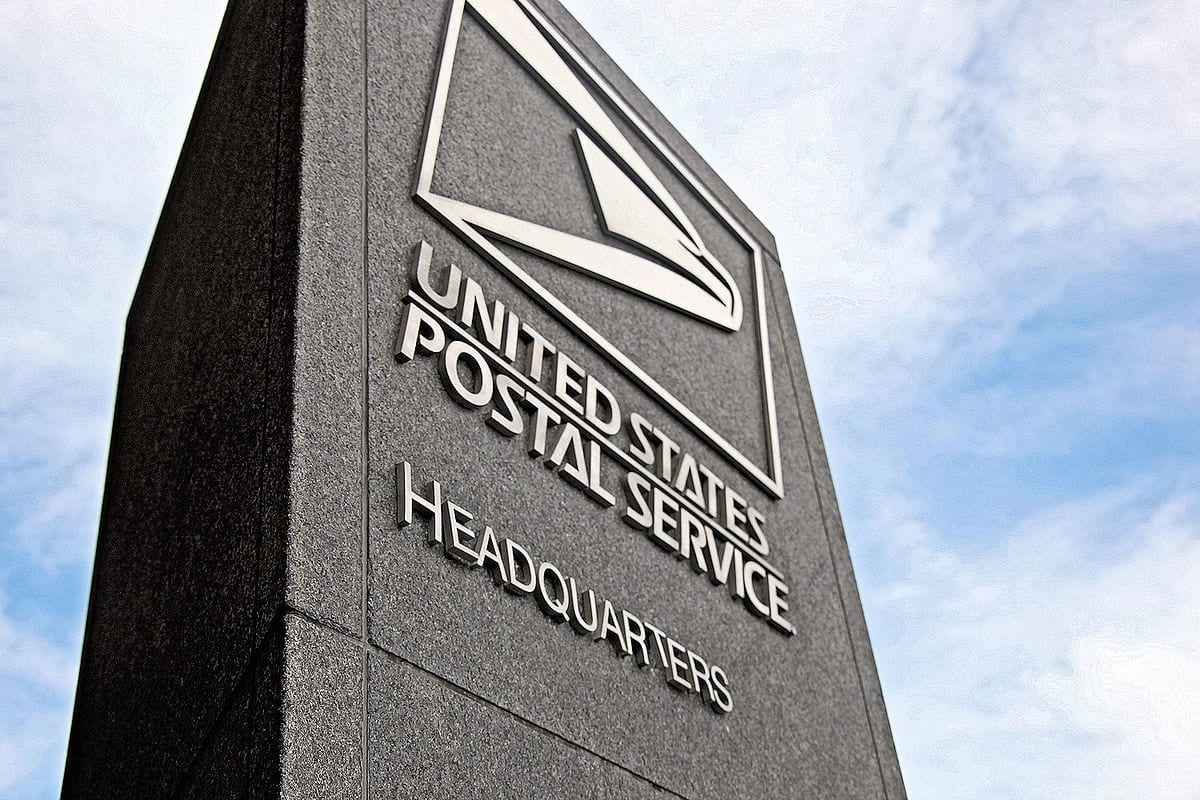
TPA Sends Letter Urging Senators to the Postal Service Reform Act
David Williams
March 8, 2022
Today, the Taxpayers Protection Alliance (TPA) sent a letter to U.S. Senators to oppose S. 1720, the Postal Service Reform Act of 2021.
The full letter can be found below or online here.
March 8, 2022
U.S. Senate
Washington, D.C. 20515
Dear Senator:
On behalf of millions of taxpayers and consumers across the country, the Taxpayers Protection Alliance (TPA) urges you to oppose S. 1720, the Postal Service Reform Act of 2021. This misguided piece of legislation fails to live up to the promise of its name and would set the stage for increased taxpayer costs and mission creep for the United States Postal Service (USPS). Instead of focusing on ill-advised “reforms” such as retirement liability shifting and entry into non-postal services, Congress should focus on runaway agency expenses and the problematic pricing of packages. With the right set of reforms, America’s mail carrier can keep delivering for her consumers.
The sorry status quo at the USPS cannot continue. The agency has lost more than $90 billion over the past fifteen years, including a $4.9 billion net loss in fiscal year (FY) 2021. While the USPS has sufficient cash on hand to avert another taxpayer bailout, taxpayers will have to foot the bill for the agency’s issues both directly and indirectly via subsidized Treasury loans unless the USPS gets on firmer fiscal footing. Unfortunately, S. 1720 fails to do that.
The USPS has repeatedly touted a provision of the legislation that would shift retirement health liabilities onto Medicare, a move that would supposedly save the agency $4 billion per year. But, from the perspective of taxpayers, this provision would merely shift liabilities around rather than solve underlying cost issues. Medicare spending has already surpassed $800 billion per year, and program expenditures are projected to grow from 4 percent of the US’s gross domestic product to 6.2 percent by 2045. Medicare insolvency is only 4 years away according to the program’s Board of Trustees, yet lawmakers insist on tacking on more expenses to the troubled program.
Even if America’s mail carrier is able to shift its liabilities onto another federal agency, unexpected costs from “reform” legislation would quickly grow. One murky provision of S. 1720 provides that the USPS “may establish a program to enter into agreements with an agency of any State government, local government, or tribal government to provide property and services on behalf of such agencies for non-commercial products and services…” While this precludes the USPS from offering their own banking services (for now), states and localities could well decide to “partner” with the USPS on a non-profit banking initiative and dump any resulting liabilities onto the agency. States such as California and New Jersey have already expressed interest in taxpayer-funded banking initiatives, and these programs would be all-the-more-tempting with federal taxpayers footing the bill.
S. 1720 has a handful of encouraging provisions. One such reform instructs the Postal Regulatory Commission to conduct a review of the cost attribution methodology used to price products. TPA estimates that, if cost attribution is reformed to more accurately reflect delivery expenses, the USPS could save more than $1 billion per year. But, this provision is one of few redeeming qualities in a deeply misguided piece of legislation. Lawmakers must reject S. 1720 and take a long, hard look at how the agency is spending hard-earned taxpayer dollars.
Sincerely,
David Williams
President
